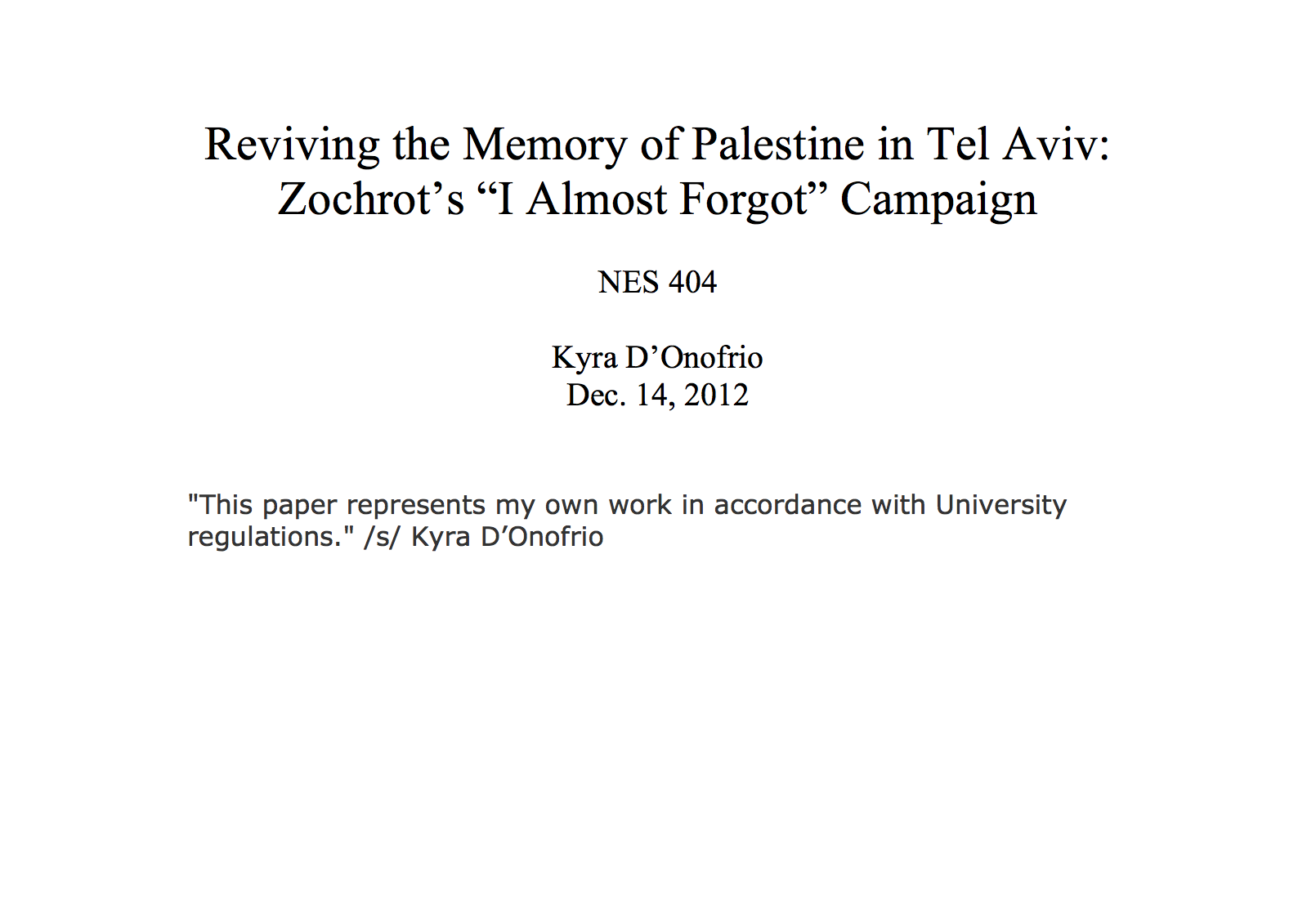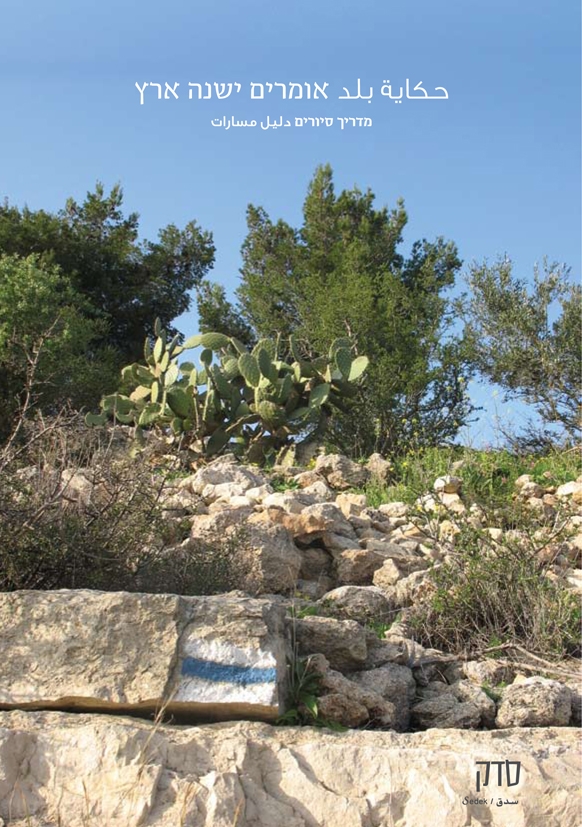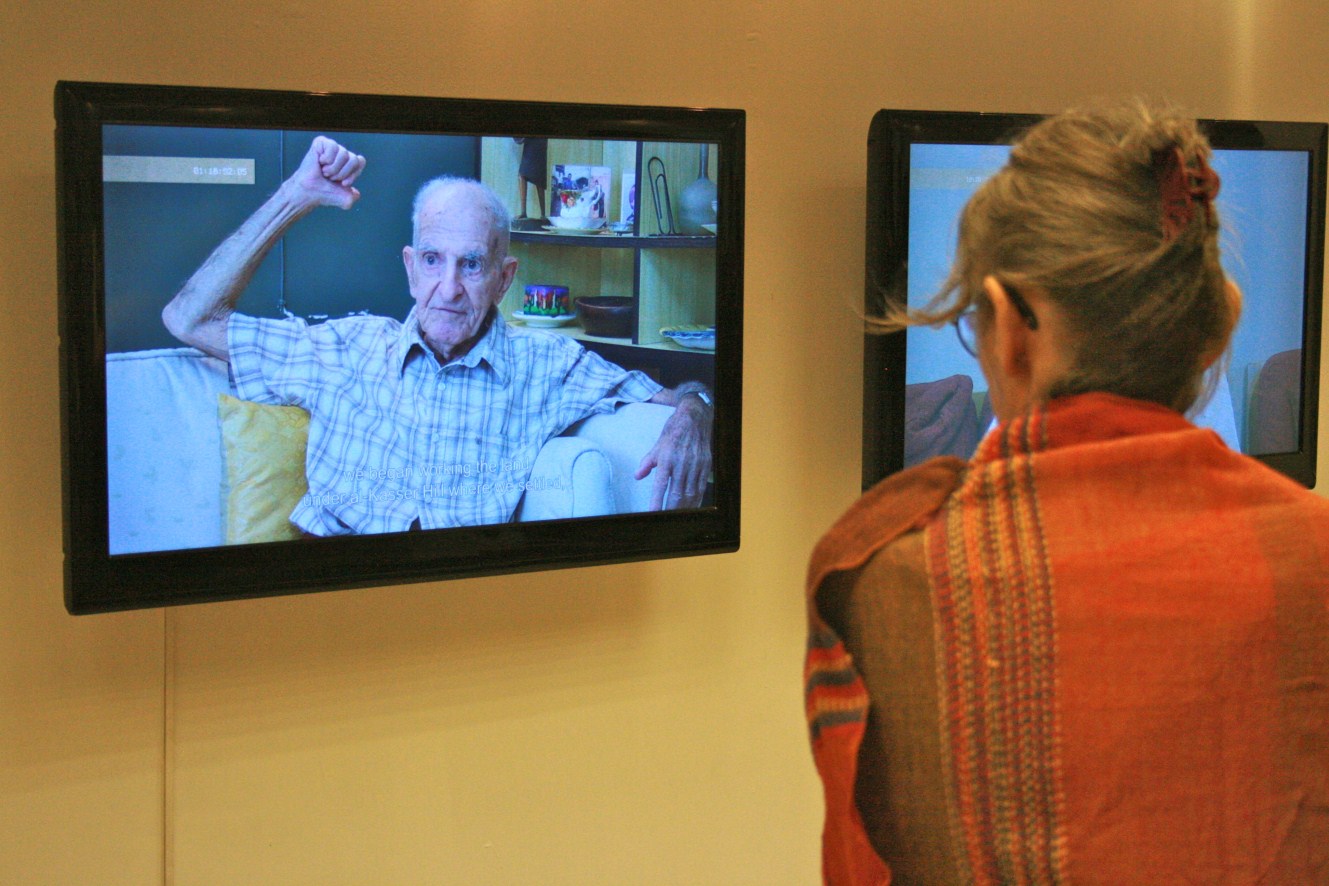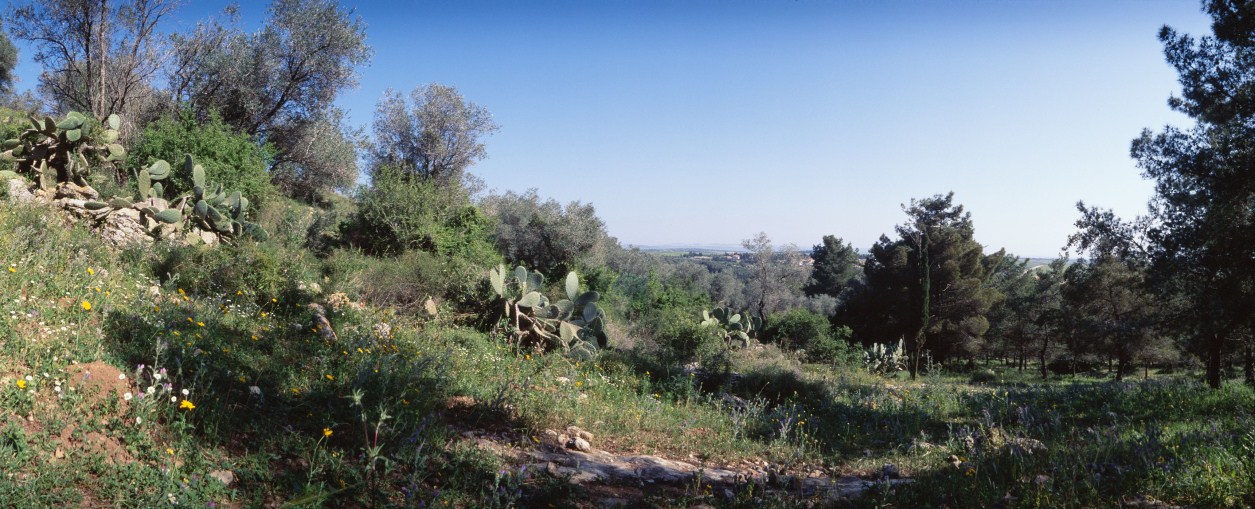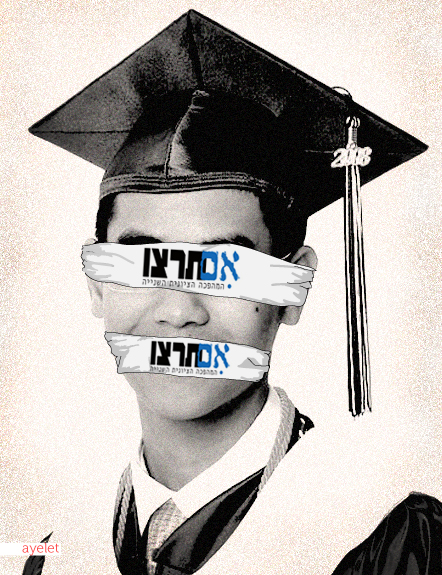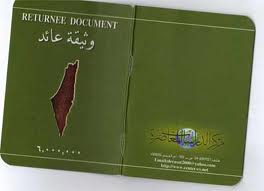Imagining Return
Author: Tom Pessah 10/2012
But maybe imagine something different: a plane landing in Ben-Gurion airport with some “new immigrants” from the refugee camps in Lebanon. This really pompous politician is out to greet them, smiling from ear to ear. The first refugee comes down the steps and shakes people’s hands
...
Toward a Common Archive / Video testimonies of Zionist Fighters in 1948
Author: Eitan Bronstein Aparicio. Photographs: Eléonore Merza 09/2012
Documentaries almost always prefer victims to perpetrators. This exhibit is an attempt to document the accounts of bit players in the ethnic cleansing of Palestine, to give the perpetrators a chance to tell their own stories
...
Photographing what remains of villages after the Nakba: An event concluding the exhibit “What isn’t there”
Author: Eitan Bronstein Aparicio 08/2012
The photographic act allows us to try to reclaim ownership of places that have been taken over by the state. The photographs anchor us to a future that transcends the violent use of the law to transform Palestine into Israel
...
A different trip to the village of Al-Bassa
Author: Shira Ben Shahar 06/2012
Today, Zochrot took us with “guides” who had been among those uprooted from the large, wealthy, thriving village that was al-Bassa. They took us on a trip back to the period when survivors began arriving in Israel and when, at the same time, other survivors, people born there to families who’d lived there for generations, were being expelled....
'Im Tirtzu targets Zochrot for promoting the return of Palestinian refugees
Author: Eitan Bronstein Aparicio 06/2012
The continuing disregard of the Palestinian Nakba by part of the Israeli public and organizations like Im Tirzu, and, in particular, refusal to accept responsibility for it, makes it possible for the violent repression and the occupation to continue, making the Palestinians suffer, in particular, but also undermines the lives and security o...
Stretching the boundaries of discourse
Author: Gabi 06/2012
I think the left does a very good job opposing existing reality, being critical of it, but it often lacks an alternative program. Dealing with the return of Palestinian refugees, planning it, by definition presents a positive message rather than negating that which exists. I believe such an approach has three main advantages:
...


